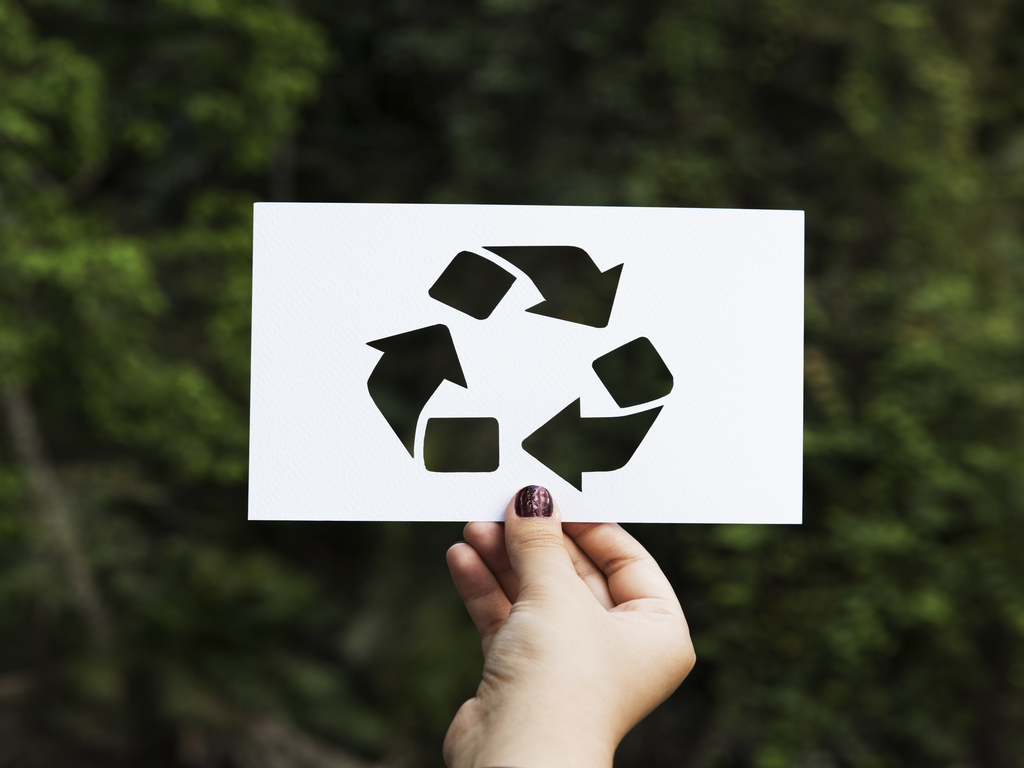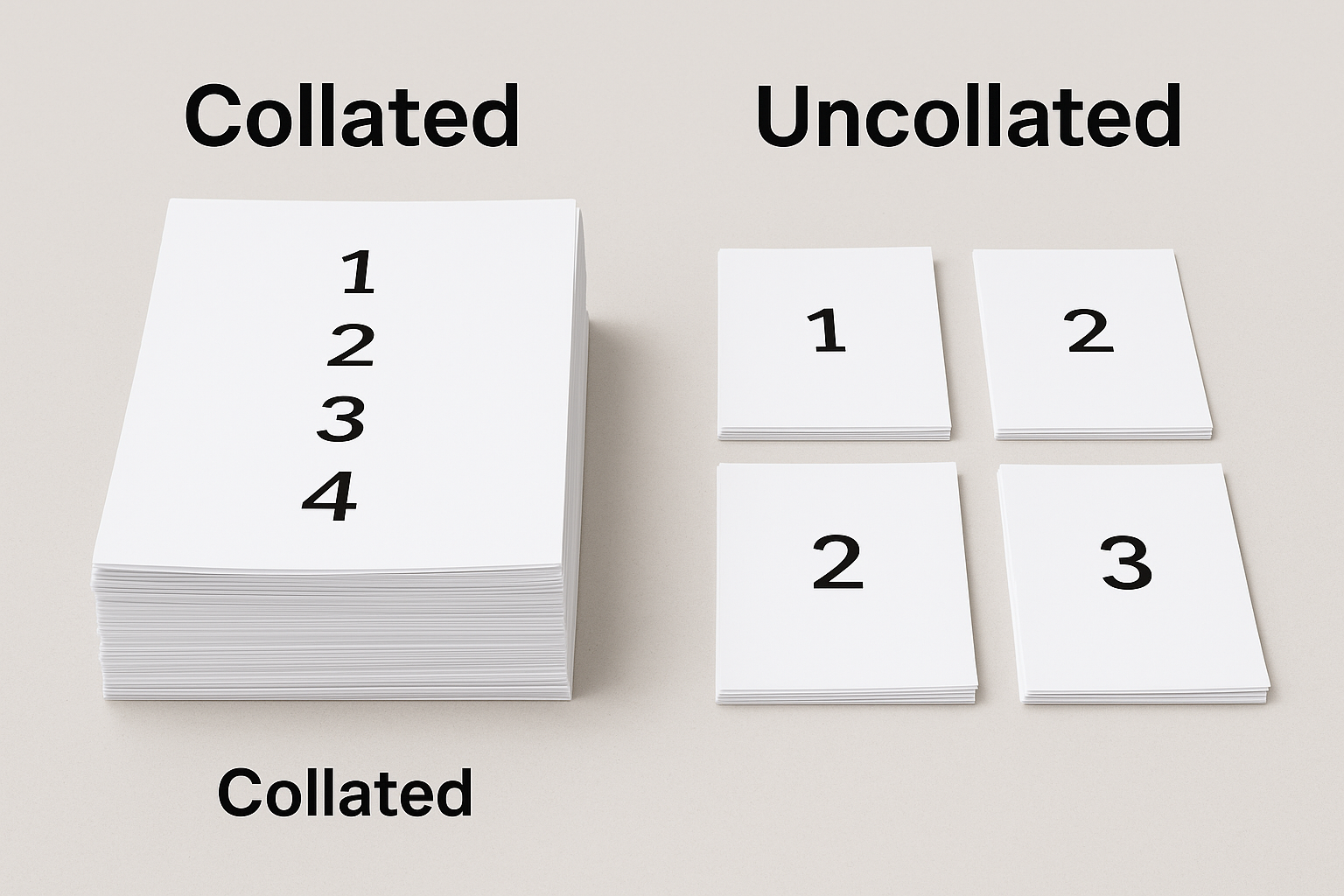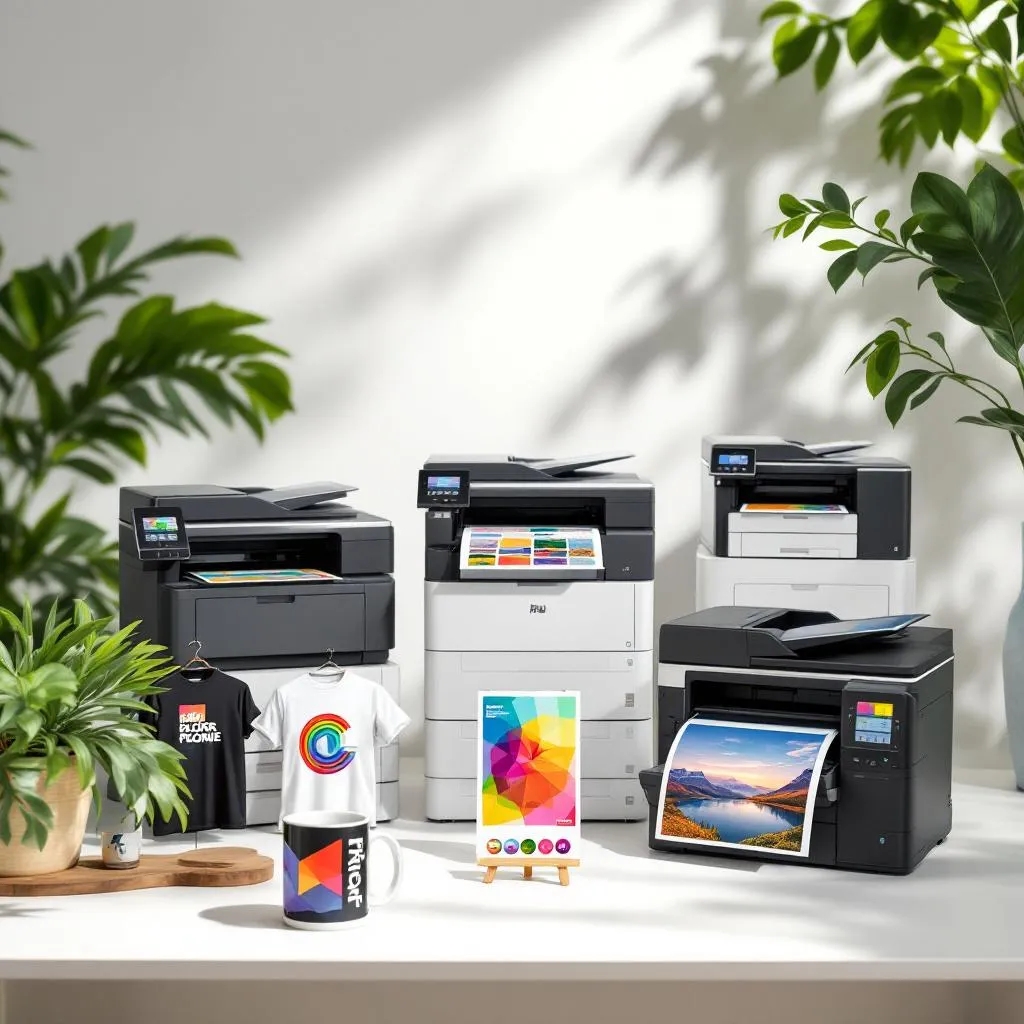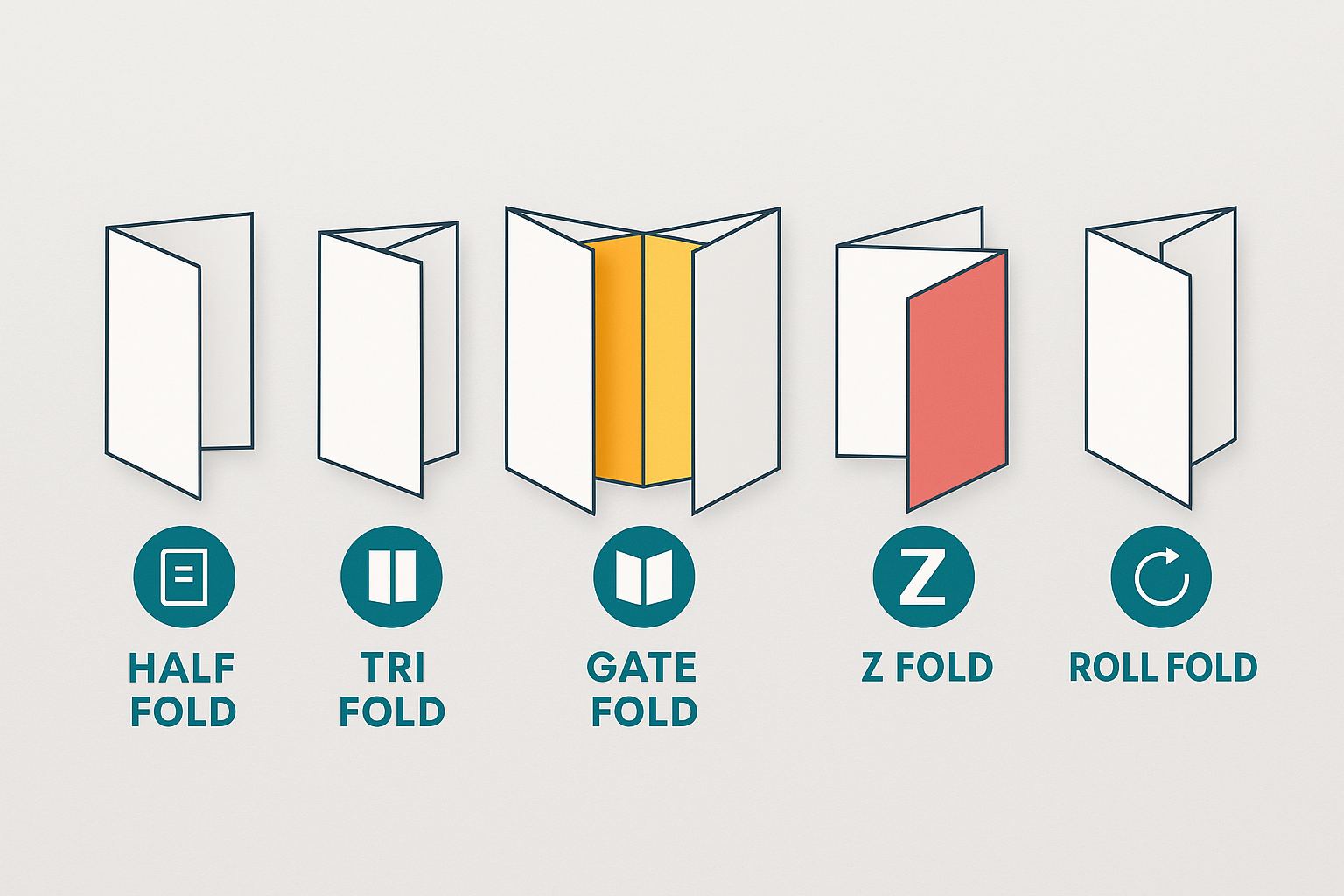Recycling Paper with Ink: Challenges and Solutions
Recycling paper is one of the most impactful ways to reduce waste and conserve resources. However, when it comes to recycling paper with ink, some challenges arise. From the type of ink used to the specific recycling processes required, this guide will explore everything you need to know about recycling inked paper and how it benefits the environment.
What Happens to Paper with Ink During Recycling?
When paper with ink on it is recycled, the first step involves breaking down the paper into pulp. This process, known as “de-inking,” is crucial for removing the ink from the paper fibers so they can be reused. During the de-inking process, the paper is mixed with water and chemicals to create a pulp. The ink is then separated from the fibers using flotation techniques, where air bubbles lift the ink particles to the surface, allowing them to be removed.

Challenges in Recycling Inked Paper
While the process of recycling paper with ink is widely practiced, certain challenges still exist. For example, different types of inks can affect the recyclability of the paper. Water-based inks are easier to remove, while oil-based and solvent-based inks require more complex de-inking processes. Additionally, paper coated with plastic or wax cannot be recycled in the same manner, as the coatings prevent the fibers from being separated during recycling.
Mention of Triboro Printing
Companies like Triboro Printing are actively involved in sustainable practices that support paper recycling. By using eco-friendly inks and sustainable materials, they help make the recycling process more efficient and environmentally friendly. Businesses that prioritize green printing solutions are vital in the ongoing effort to reduce waste and promote recycling.
Different Types of Ink and Their Impact on Recyclability
Not all inks are created equal when it comes to recycling. For instance:
- Soy-based and water-based inks are easier to remove during the recycling process and have a lower environmental impact.
- Oil-based and solvent-based inks pose more challenges, requiring stronger chemicals and more energy during the de-inking process.
The choice of ink significantly influences the quality of the recycled paper, with eco-friendly inks being a better option for both recyclers and the environment.
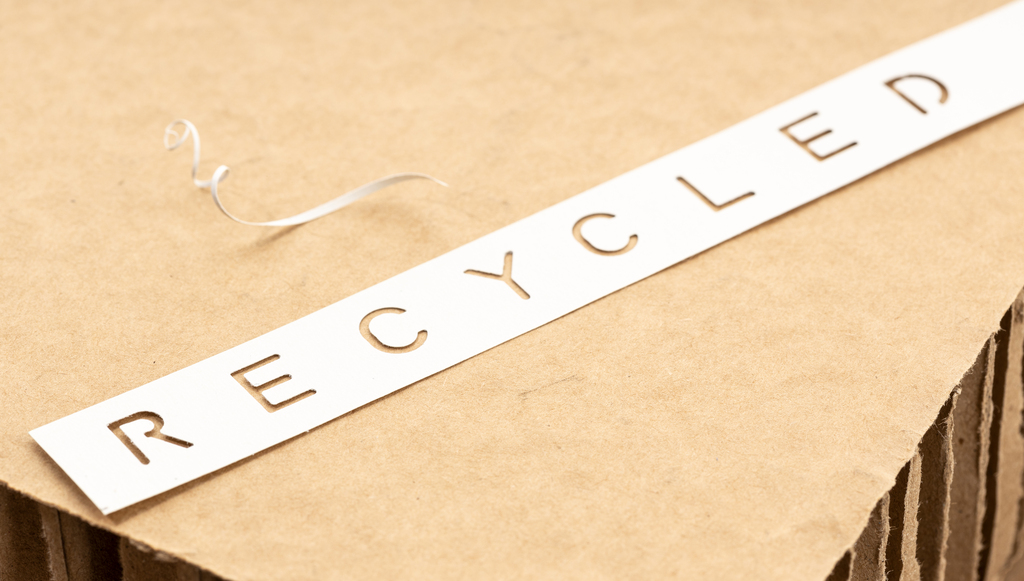
Best Practices for Recycling Paper with Ink
To ensure that your inked paper is properly recycled, consider these best practices:
- Separate paper types: Different types of paper, such as office paper, magazines, and newspapers, may need to be sorted separately.
- Remove non-paper components: Items like plastic windows in envelopes or metal staples should be removed before recycling.
- Shred with caution: Shredded paper is recyclable, but it should be contained in a paper bag to prevent scattering during the recycling process.
By following these guidelines, you can contribute to a smoother recycling process and help ensure that inked paper is recycled effectively.
Environmental Benefits of Recycling Paper with Ink
Recycling paper, even with ink, offers significant environmental benefits. For every ton of recycled paper, approximately 17 trees are saved, along with thousands of gallons of water and reduced landfill waste. Moreover, recycling paper uses less energy and fewer chemicals than producing new paper from raw materials, which helps reduce greenhouse gas emissions and conserves natural resources.

Common Misconceptions About Recycling Inked Paper
One common misconception is that paper with ink on it cannot be recycled at all. In reality, most paper with ink can be recycled, but it may undergo a different process depending on the type of ink and the facility’s capabilities. Another misconception is that paper contaminated with food or other waste can still be recycled. In fact, contamination can cause entire batches of recyclables to be discarded.

